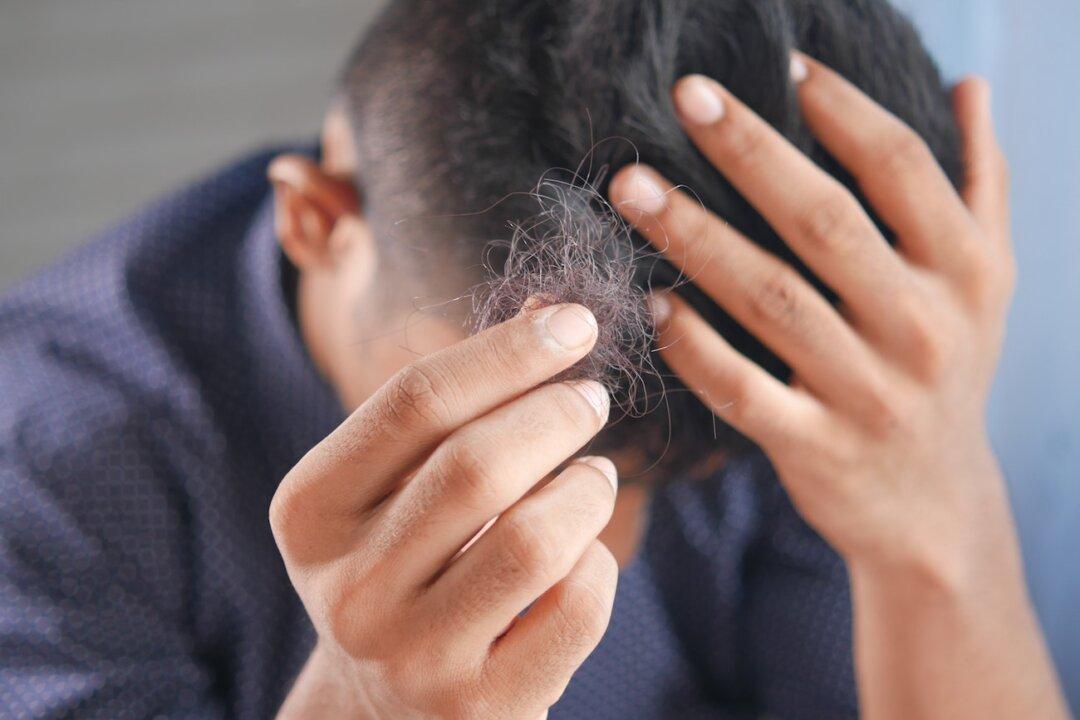The U.S. Food and Drug Administration has approved the first systemic treatment for alopecia areata—commonly referred to as just alopecia—a disorder that causes hair to fall out often in clumps on the scalp, face, and sometimes on other areas of the body.
The drug, Olumiant (baricitinib), made by Eli Lilly, is now approved to treat adults who have severe alopecia areata. It comes in the form of tablets, taken orally, marking the first FDA approval of a systemic treatment—as opposed to a topical or local treatment—for the hair loss condition.





